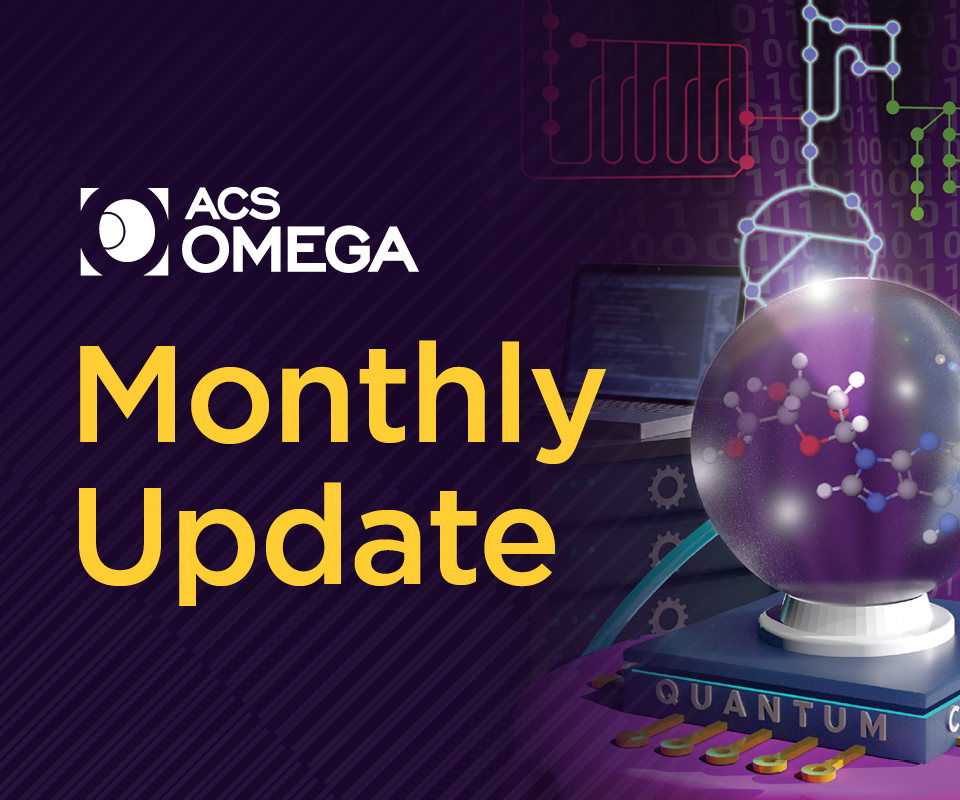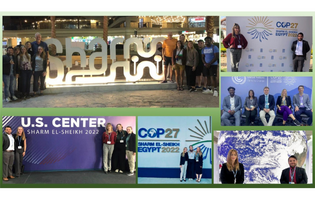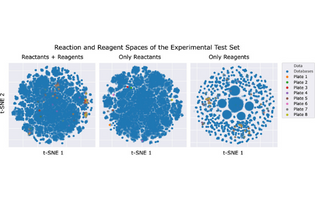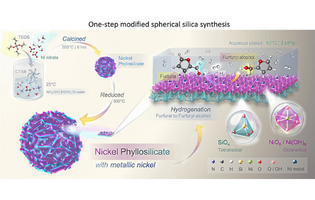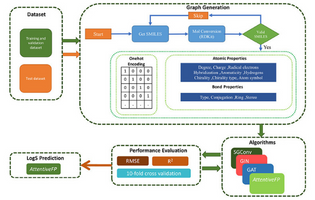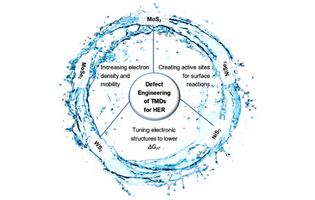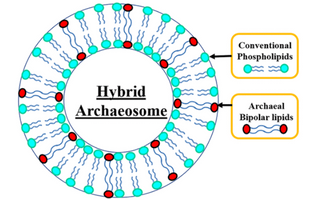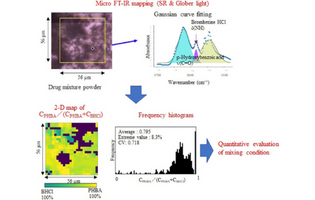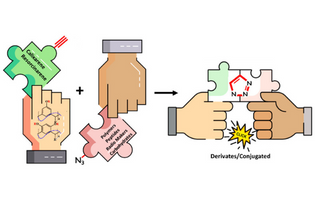What's New
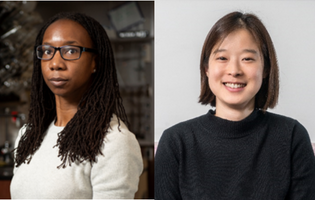
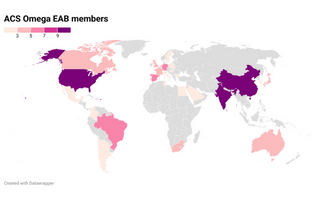
We welcome two new editors in 2023
We are excited to welcome two more new Associate Editors who have recently joined ACS Omega to support our growing journal - Davita Watkins from the Ohio State University (USA) and Hye Ryung Byon from KAIST (South Korea).
Davita will handle manuscripts in the area of polymer science, and Hye Ryung will handle submissions in the area of energy research.
With these new additions to our Editorial Board, we now have, in addition to our two Editors-in-Chief, Profs. Deqing Zhang and Krishna Ganesh, four Senior Editors, 11 Associate Editors, and two Topic Editors. Of these, 10 are men and eight are women, and we globally cover 12 countries and six macro-regions: East Asia, Europe, the Middle East, North America, South America, and South Asia.
We continue striving to improve our editorial representation of diversity at all levels to serve our global community of authors better.
Additionally, we welcome seven new members who have been appointed to our Editorial Advisory board: Prof. Sohrab Zendehboudi (Canada), Prof. Célia Fonseca Guerra (Netherlands), Prof. Anwesha Sarkar (UK), Dr. Sean Ekins (USA), Prof. Annia Galano (Mexico), Prof. Hafiz M.N. Iqbal (Mexico) and Prof. Elżbieta Guziewicz (Poland).
On November 7, 2022, the United Nations' Framework Convention on Climate Change (UNFCCC) 27th Conference of the Parties (COP27) kicked off in Sharm El-Sheikh, Egypt, where participants from all over the globe assembled to discuss ongoing mitigation strategies.
Countries, territories, indigenous peoples, and intergovernmental and non-governmental observer organizations sent accredited delegations to represent their climate-driven interests. Among the 45,000 attendees were American Chemical Society (ACS) student delegation members.
Read how "student delegates at COP27 (...) were able to catalyze credible information sharing as [they] became the connection between the scientific community and [their] own social network."
Tiffany E. Sill et al., Texas A&M University, USA
ACS Omega 2023, 8, 5, 4430–4435
ACS Omega - In The News
This article from a team at F. Hoffmann-La Roche Ltd, Switzerland, has attracted much attention, including a post by Derek Lowe in his blog "In the pipeline", published by Science Magazine.
In this excellent work, machine learning techniques are explored to help select promising reaction conditions in the vast space of reagent combinations and, for instance, finding suitable reaction conditions leading to a high yield, for the all-important Pd-catalyzed C–N couplings.
Derek Lowe wittily expands on the limitations to the current capabilities of machine learning in synthetic organic reactions: unsurprisingly, it all boils down to the quality of available data, with a tangent into the importance of publishing negative results, as well as solid positive ones.
Reference: Martin Fitzner et al., Machine Learning C–N Couplings: Obstacles for a General-Purpose Reaction Yield Prediction, ACS Omega 2023, DOI: 10.1021/acsomega.2c05546
Key Journal Metrics
- ACS Omega published 393 articles in January - a new monthly record. As compared to the equivalent timeframe in 2022, this represents a 35.5% increase in published output.
- Articles published in ACS Omega were downloaded 876,736 times in January. This represents a 32.1% increase in usage compared to the equivalent time period in 2022.
Published Issues
pp. 1-1723
pp. 1724-2831
pp. 2832-3539
pp. 3540-4429
Featured Articles
Nickel is one of the most frequently used metals in a wide variety of industrial manufacturing. Silica-supported nickel catalysts (Ni/SiO2) are used extensively in catalytic reactions but often suffer from a weak interaction between nickel species and silica supports. Metal phyllosilicates have received considerable attention in recent catalysis research because of their unique layered structure that can offer strong metal–support interaction.
Sasithorn Kuhaudomlap, et al., Georgia Institute of Technology, Atlanta, USA with Chulalongkorn University, Bangkok, Thailand and UCSI University, Kuala Lumpur, Malaysia
ACS Omega 2023, 8, 1, 249–261
The solubility of active pharmaceutical ingredients (API) in a solvent or a mixture of solvents is one of the concerns in drug development. In this work, the authors described a deep learning model based on the AttentiveFP network approach capable of predicting the solubility of APIs in water. The results of this paper may be helpful for pharmaceutical industries.
Waqar Ahmad et al. Jeonbuk National University, Jeonju54896, South Korea
ACS Omega 2023, 8, 3, 3236-3244
Switching to renewable, carbon-neutral sources of energy is urgent and critical for climate change mitigation. Despite how hydrogen production by electrolyzing water can enable renewable energy storage, current technologies unfortunately require rare and expensive platinum group metal electrocatalysts, which limit their economic viability. Transition metal dichalcogenides (TMDs) are low-cost, earth-abundant materials that possess the potential to replace platinum as the hydrogen evolution catalyst for water electrolysis. Defect engineering is an attractive approach to enhance the catalytic efficiency of TMDs.
Zheng Hao Tan et al., Nanyang Technological University, Singapore, and Monash University, Selangor, Malaysia
ACS Omega 2023, 8, 2, 1851–1863
Archaea are single-celled microorganisms with no nucleus or defined organelles. They represent the third domain of life on earth and are evolutionarily distinct from the other two domains, namely bacteria and eukarya. Archaea are well-known for their ability to grow and thrive in extreme habitats ranging from hot springs and volcanoes to hypersaline environments such as salt lakes and oceans, highly acidic or alkaline conditions, and high pressure that are hostile to most other organisms on earth. Archaeosomes are a new generation of stable liposomes composed of natural ether lipids extracted from archaea, or synthetic archaeal lipids.
Poornima Budime Santhosh* and Julia Genova*, Bulgarian Academy of Sciences, Sofia, Bulgaria
ACS Omega 2023, 8, 1, 1–9
Discrimination among seized drug specimens is critical to elucidate connections between seizures based on the synthetic route, enabling one to deduce the distribution chain: drug manufacturers, sources of supply, and trafficking routes. In this article, a quantitative evaluation of the drug mixing condition was conducted for application in the forensic discrimination of drug powders using micro Fourier transform infrared (FT-IR) spectroscopy.
Takahiro Iwai, et al., RIKEN SPring-8 Center, Japan
ACS Omega 2023, 8, 4, 4285–4293
The advantages of using click chemistry in organic synthesis are remarkable; in many cases, the reactions occur under mild conditions and are free of solvents, with high yields and short reaction times. In this review, the use of click chemistry CuAAC is especially emphasized for polyhydroxylated platforms such as resorcinarenes or calixarenes, focusing mainly on aspects of synthesis, specifically conditions, reagents, and methodologies.
Héctor Manuel Pineda-Castañeda, et al. Universidad Nacional de Colombia
ACS Omega 2023, 8, 4, 3650–3666
Previous Newsletters
Click below to view a previous ACS Omega Monthly Update
© 2025 American Chemical Society, 1155 16th St NW, Washington, DC 20036, USA. View our Privacy Policy


